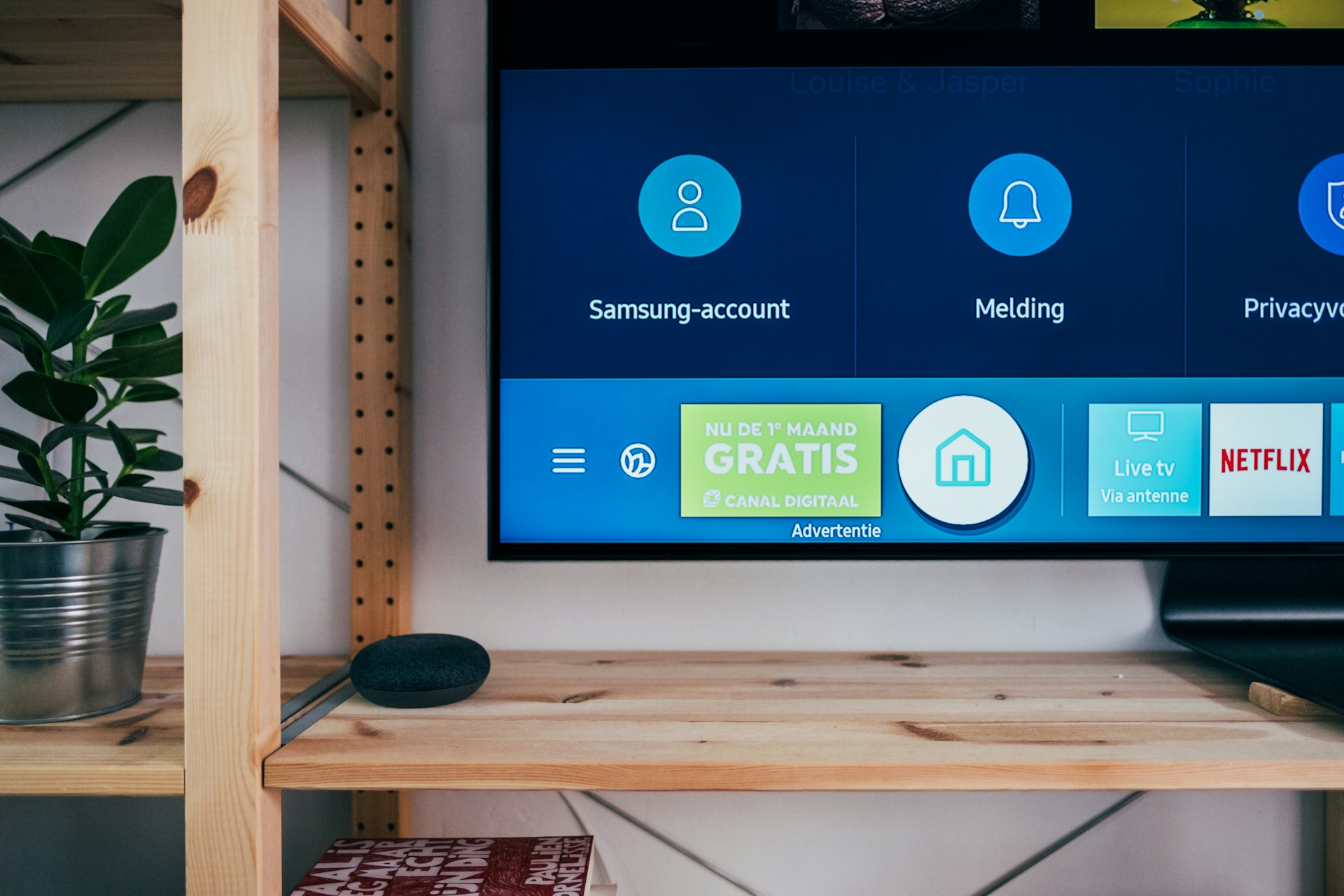The TV-watching landscape has transformed dramatically in recent years, presenting a delightful dilemma: should you choose the familiarity of cable, the clarity of satellite, or the convenience of online streaming?
Imagine settling into your favorite couch corner, remote in hand, ready to explore worlds both known and unknown with just a click — but the question remains: which streaming service best suits your viewing habits? Whether you’re a sports fanatic, a movie buff, or a series binge-watcher, the key is to weigh the variety of content, the flexibility of viewing schedules, and, of course, the cost-effectiveness of your choice.
Cable
Cable television remains a popular choice for accessing favorite channels. To subscribe to cable, you typically sign up with a provider like Comcast, Cox, or Time Warner, and receive television service through a coaxial cable connected to your TV.
The cost of cable varies based on the channels you select and whether you bundle services like cable and internet together. Prices range from around $30 to $200 per month, depending on your location and package choices.
Equipment costs for cable TV, such as the device used to connect the coaxial cable to your TV, are generally stable. For instance, Comcast charges $5-$10 per month for equipment, while Cox charges $6.99-$9.99. It’s advisable to inquire about equipment rental fees from your cable provider.
Cable is well-suited for urban areas or apartment living, as tall buildings can interfere with satellite signals. Bundling cable and internet services can also offer long-term cost savings.
Satellite
Satellite TV is another popular option. It operates by receiving signals from a transmitter at a broadcasting station. These signals are then transmitted to a dish receiver on your property, converting them into watchable channels. Providers like Dish and DirecTV are among the most well-known.
As satellite TV usage declines, providers often offer competitive deals. For example, Dish currently offers a promotion providing 190 channels (including 50 premium channels) with free HD for $49.99 per month for three months. Costs for satellite TV vary based on location and channel selection, typically ranging from $19.99 to $140 or more per month.
The primary expense for satellite TV is equipment, including the dish and receiver, which can cost between $69 and $399. Equipment rental typically adds $6 to $10 per month to your bill. Always inquire about equipment costs before committing to avoid surprises.
Satellite is often preferred in rural areas where cable isn’t available, offering optimal signal quality and potentially lower costs compared to cable.
Online Streaming
Online streaming has surged in popularity in recent years as a convenient way to watch TV. Streaming services operate by utilizing your internet connection to stream content to your TV, similar to watching a YouTube video.
Subscription prices for streaming services like Netflix and Hulu are consistent across the United States, starting as low as $7.99 per month. Prices may vary based on content access and the number of simultaneous streams allowed. Additional features like multiple screens for Netflix come at an extra cost.
When considering the cost of online streaming, factor in the price of compatible devices. While smart TVs often have built-in streaming apps, you may need to purchase devices like Roku ($39.99-$129.99) or Chromecast ($35) for older TVs.
Online streaming is an attractive option for those focused on specific shows rather than channels. It offers a more affordable way to access TV and movies, making it a popular choice for many viewers.
By understanding the workings and costs of cable, satellite, and online streaming services, you can make an informed decision based on your preferences and circumstances.





